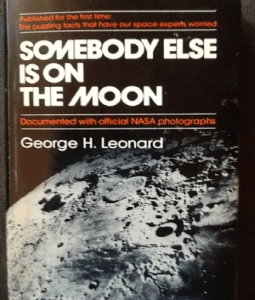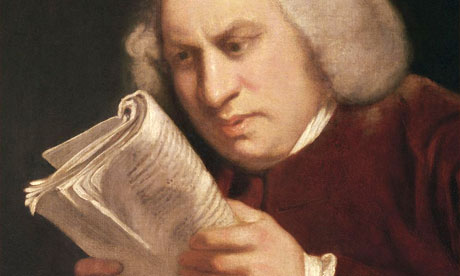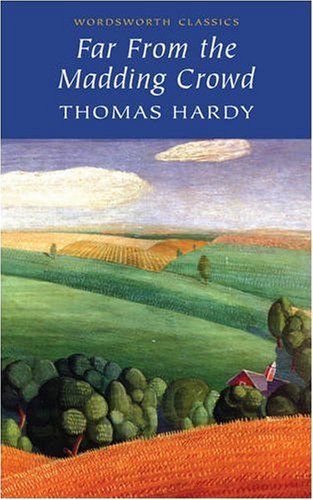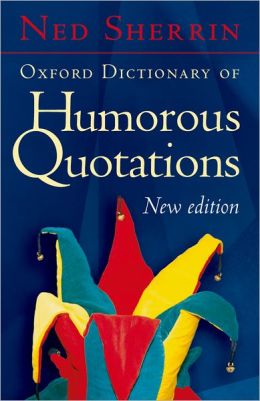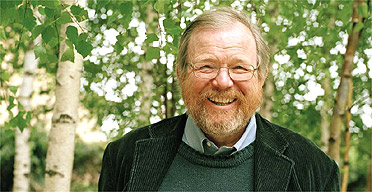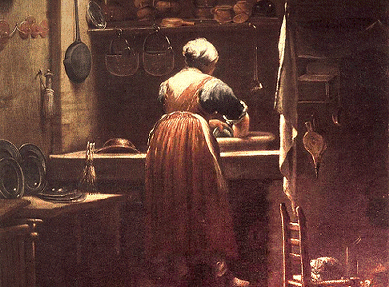 Stacy Horn, whose new book Imperfect Harmony I wrote about Wednesday, observes that not being a great singer has its advantages. She writes, "According to the study titled 'Does singing promote well-being?' the amateurs in the study experienced a heightened sense of joy and well-being following singing lessons. The professionals did not."
Stacy Horn, whose new book Imperfect Harmony I wrote about Wednesday, observes that not being a great singer has its advantages. She writes, "According to the study titled 'Does singing promote well-being?' the amateurs in the study experienced a heightened sense of joy and well-being following singing lessons. The professionals did not."She quotes Tony Bellomy, an associate conductor, as telling her, "Amateurs don't have the hang-ups of full-on professionals. It is easy for professionals, me included, to get wrapped up in music as a job. This will kill the music faster than anything. Serious amateurs never seem to cross that line. It's because they are participating in music purely out of love for it."
And that, it turns out, is exactly what the word amateur means. The Latin word for love is amare. From this we get such words as amiable, amorous, paramour and, yes, amateur. Mark Forsyth, author of Etymologicon, writes that 150 years ago you could write that you were "not an amateur of melons" and others would understand you to mean that you didn't like them.
Forsyth also explains why in tennis the word for nothing is love. "Love is nothing because those who do something for the love of it do it for nothing. For example, people either marry for money or connections, or for love. Love therefore became a synonym for nothing, because if you do something purely for love, you get nothing."
Many people, of course, love their jobs. You sometimes hear people say, especially upon their retirement, that they would have worked for nothing because they loved what they did. Chances are, however, they would not have shown up for work every day so faithfully if they had not been paid for it. On any given day, there can always be something we love more, such as an extra hour in bed, than going to work, no matter how much we love our jobs. Professionals must show up whether they feel like it or not.
Those who sing, play baseball, marry or whatever else purely for love bring something to it that those who do it for money cannot.

